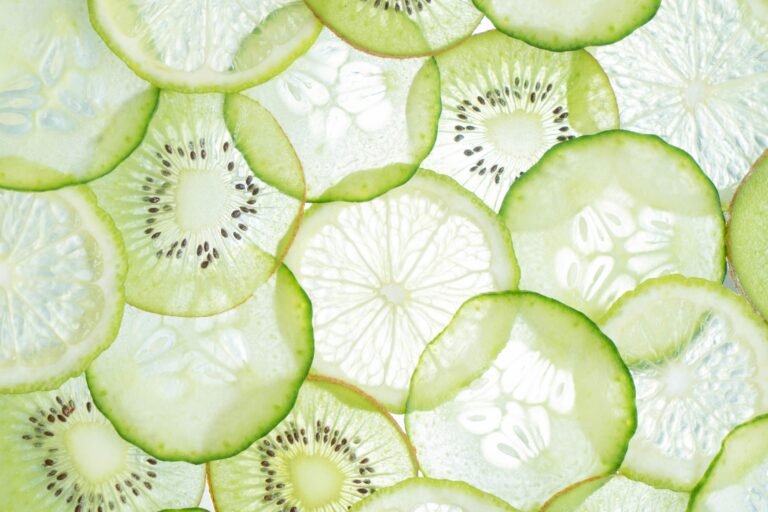Wellhealthorganic.com/vitaminehealthbenefitsandnutritionalsources
The Health Benefits and Nutritional Sources of Vitamin E
Introduction to Vitamin E
Vitamin E is a crucial nutrient that plays a significant role in maintaining overall health and wellbeing. It is a fatsoluble antioxidant that helps protect cells from damage caused by free radicals. While it is essential for various bodily functions it is particularly known for its benefits to skin heart and immune health.
Health Benefits of Vitamin E
Antioxidant Properties
Vitamin E acts as a potent antioxidant helping to neutralize free radicals in the body thereby reducing oxidative stress and lowering the risk of chronic diseases such as cancer and heart disease.
Skin Health
One of the most wellknown benefits of vitamin E is its ability to promote skin health. It helps in moisturizing the skin reducing inflammation and protecting against UV damage thus preventing premature aging and promoting a youthful appearance.
Heart Health
Studies have shown that vitamin E may help lower the risk of cardiovascular diseases by preventing the oxidation of LDL cholesterol reducing inflammation in the arteries and improving blood vessel function.
Eye Health
Vitamin E plays a crucial role in maintaining eye health by protecting the cells of the eyes from damage caused by free radicals. It may also reduce the risk of agerelated macular degeneration and cataracts.
Immune System Support
Vitamin E supports the immune system by enhancing the function of immune cells and promoting the production of antibodies helping the body fight off infections and diseases.
Nutritional Sources of Vitamin E
Nuts and Seeds
Nuts and seeds are excellent sources of vitamin E. Almonds sunflower seeds hazelnuts and peanuts are particularly rich in this nutrient.
Vegetable Oils
Vegetable oils such as sunflower oil wheat germ oil and olive oil are good sources of vitamin E. Incorporating these oils into your cooking can help boost your vitamin E intake.
Leafy Greens
Dark leafy greens like spinach kale and Swiss chard are also rich in vitamin E. Adding these greens to your salads smoothies or cooked dishes can provide a significant amount of this nutrient.
Fortified Foods
Many processed foods such as breakfast cereals fruit juices and spreads are fortified with vitamin E to increase their nutritional value. However it is essential to check the labels for added sugars and other unhealthy ingredients.
Supplements
If you have difficulty meeting your vitamin E needs through diet alone you may consider taking a supplement. However it crucial to consult with a healthcare professional before starting any new supplement regimen.
Recommended Daily Intake
The recommended daily intake of vitamin E for adults is 15 milligrams or 22.4 IU. However individual needs may vary depending on factors such as age sex and overall health status.
Risks and Side Effects of Excessive Vitamin E Consumption
While vitamin E is generally safe when consumed in recommended amounts excessive intake can lead to adverse effects such as nausea diarrhea and an increased risk of bleeding. It essential to avoid megadoses of vitamin E especially without medical supervision.
Final Word
Vitamin E is a vital nutrient with numerous health benefits ranging from antioxidant protection to immune support. Including vitamin Erich foods in your diet such as nuts seeds leafy greens and vegetable oils can help ensure that you meet your daily requirements and maintain optimal health. However it essential to consume vitamin E in moderation and avoid excessive supplementation to prevent any potential adverse effects.
FAQs
Can vitamin E supplements improve skin health?
While vitamin E can contribute to skin health it essential to note that supplements alone may not provide the same benefits as a balanced diet rich in whole foods.
Are there any interactions between vitamin E and medications?
Yes vitamin E supplements can interact with certain medications including blood thinners. It crucial to consult with a healthcare professional before taking any new supplements especially if you’re on medication.
Can vitamin E help with hair growth?
While vitamin E may promote overall scalp health there limited scientific evidence to support its effectiveness in stimulating hair growth.
Are there any natural sources of vitamin E for vegetarians and vegans?
Yes nuts seeds and vegetable oils are excellent sources of vitamin E that are suitable for vegetarians and vegans.
Can vitamin E supplements prevent cancer?
While antioxidants like vitamin E may help reduce the risk of certain cancers by neutralizing free radicals more research is needed to determine their specific effects on cancer prevention.




























+ There are no comments
Add yours